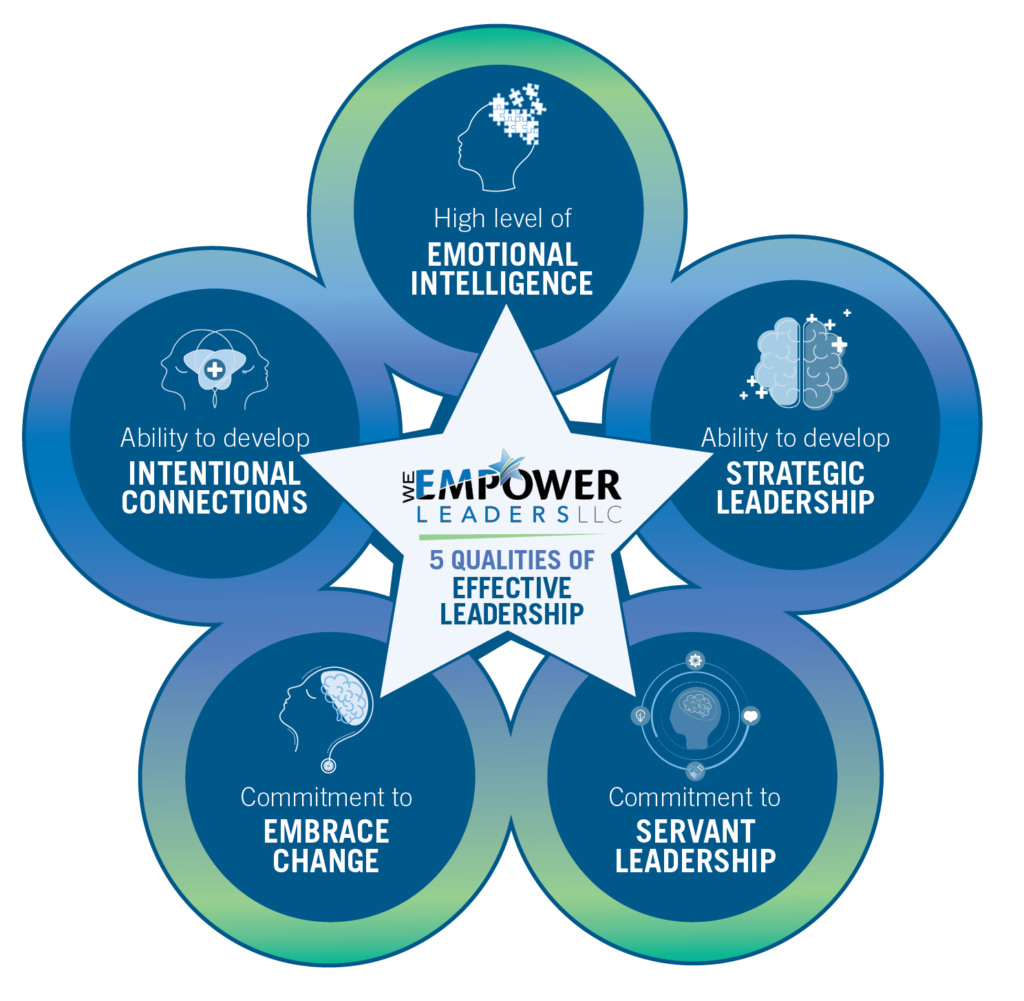A leader's role is often seen as a dual path where visionary ideals meet practical management skills. The difference between being a visionary and a manager highlights the range of capabilities that one must acquire to lead successfully. In Leadership skills , leaders must not only be forward-thinking and creative but also succeed in areas that guarantee their team's achievement and unity. This article will explore the essential leadership skills every professional should master, shedding light on the qualities that convert a competent manager into an inspiring leader.
To succeed in a challenging landscape, it is essential for leaders to develop strong decision-making abilities, improve their emotional awareness, and interact effectively with their groups. Understanding the nuances of flexibility, active hearing, and relationship-building can significantly impact team dynamics and overall performance. As we navigate through the critical skills that characterize leadership success, we will also examine practical ways to develop these abilities and the importance of leading by example in creating a motivated and resilient team.
Critical Management Competencies
Management is a multifaceted role that requires a various set of skills to navigate the intricacies of team dynamics and organizational challenges. At the core of proficient leadership lies strong decision-making abilities. Leaders often face challenges that demand quick, yet informed choices. The ability to evaluate options, assess outcomes, and take decisive action is crucial in steering teams toward success. Cultivating this competence involves constant learning and practicing critical thinking, which then improves overall management effectiveness.
Another key competence for leaders is emotional and social intelligence. This encompasses the ability to recognize one's own emotions and those of others, facilitating improved interpersonal relationships within a team. Utilizing emotional intelligence helps leaders engage with their team members on a deeper level, building an atmosphere of trust and collaboration. Active listening also plays a crucial role here, as it makes certain that team members feel heard and valued, ultimately boosting morale and productivity.
Communication stands as the cornerstone of great management. Strong communication not only involves clearness in conveying messages but also the art of persuasion and negotiation. Leaders must express their vision, set clear expectations, and provide supportive feedback that drives growth within the team. By honing communication skills, leaders can inspire and galvanize their teams, create a sense of direction, and successfully navigate conflicts when they arise.
Improving Your Leadership Skills Capabilities
To nurture robust leadership qualities, focus on self-knowledge and EQ. Understanding your personal strengths and limitations allows you to better connect with your team. EQ plays a crucial part in managing relationships and creating a supportive work environment. Leaders who can understand with their employees often see improved team spirit and output.
Clear communication is essential for any leader. It involves not just exchanging information but also being an active listener. By encouraging an atmosphere where team members feel valued, you foster collaboration and innovation. Moreover, concise communication of goals and constructive criticism drives performance and helps in conflict resolution, ultimately leading to stronger team dynamics.
Adjusting to transformation is crucial in today’s fast-paced environment. Leaders should be receptive to new ideas and adaptive in their approaches. By accepting adaptability, you not only navigate ambiguity more effectively but also inspire your team to do the same. This skill, combined with strong decision-making abilities, enables leaders to steer their organizations through challenges towards success.
Guiding in The Current Fluid Landscape
In an constantly evolving business landscape, effective leaders must have adaptability as a core skill. The requirements of modern organizations necessitate a flexible approach to leadership, permitting leaders to pivot strategies in response to evolving market conditions and evolving team dynamics. By adopting adaptability, leaders can encourage a culture that encourages innovation and responsiveness, preparing their teams to manage uncertainties with assurance.

Emotional awareness plays a vital role in leading in the current dynamic environment. Leaders who are in tune to their own emotions and those of their colleagues can forge stronger relationships and establish a supportive work atmosphere. This enhances interpersonal communication, which promotes open dialogue and conflict resolution. When leaders utilize emotional intelligence, they can inspire and motivate their teams regularly, encouraging high levels of engagement and productivity.
Lastly, strong decision-making abilities are essential for leaders confronted with swift change. A well-rounded leader must analyze situations critically, weigh options thoughtfully, and make decisions that align with the organization’s values and goals. By developing these decision-making abilities, leaders can navigate their teams through obstacles effectively, ensuring both short-term success and long-term growth in a ever-changing environment.
